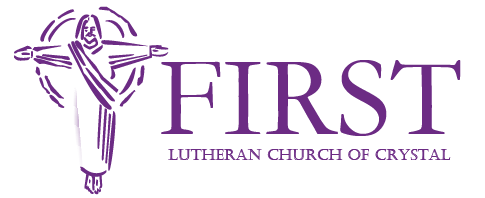Greetings Siblings in Christ,
On Friday, October 25th, in his first visit to tribal lands, President Biden made a formal apology for the 150-year policy that ripped 18,000 Native American children from their tribes and families, sending them to boarding schools across the country for the purpose of assimilating them to white culture. The children suffered abuse, neglect, and many died from the treatment in being forced to squelch all they knew and loved of their heritage and culture. President Biden referred to it as one of “the most horrific chapters in American history,” and offered a moment of silence to acknowledge the lost souls and the generational trauma that exists today. I watched the apology in real time, aware of the practice, but I was shocked to learn it had continued into my lifetime, until 1969.
November is the month dedicated to celebrating Native American Heritage and Culture. Most of us learned very little about indigenous history and practices through our education, and what we were taught was primarily one-sided. I view November as an opportunity to be intentional – to learn some things we weren’t taught as well as what was lost due to the cultural resistance towards collaboration at the time. Mutual respect and love of neighbor, despite drastic differences in language, dress, and lifestyle, is what God calls us to. Simply, love your neighbor.
Dovetails in Tall Grass, by Samantha Specks, (SparkPress, 2021) is a novel inspired by the story of the thirty-eight Dakota-Sioux men hanged in Mankato in 1862. The story follows two young women; Emma, the daughter of an immigrant farmer/lawyer on the Minnesota prairie, and Oenikika, the daughter of Chief Little Crow, of the Dakota-Sioux tribe who had lived on the same Minnesota prairie for thousands of years.
Historical fiction is best when it has been well-studied by the author. I deeply appreciated Speck’s research into the culture and lifestyle of the Indigenous Americans. In particular, native plants and the knowledge of healing applications passed on from Oenikika’s mother to herself as a called tribal healer. As the Dakota people were forced from their lands, Oenikika was challenged by newly enforced boundaries to find the plants she needed for specific ailments.
As for Emma, her struggle was with the expectations of women in her culture. She was to stay on the farm, marry a farmer, and raise new farmers. As a bright and astute young person, she dreamed of furthering her education and becoming a teacher. Emma wasn’t satisfied with farm life, but the ways of her world restricted her options. What may have been lost by limiting her options?
The novel explores the struggles and wonderings of these two girls through tumultuous frontier times. When I consider what’s been lost to us throughout history this is where my mind goes: to how things might have been different today if the early medical researchers had collaborated with and respected the indigenous healers who had indeed completed their own research over time, and to what might have been accomplished if every young person was supported in applying their God-given gifts to follow their dreams.
It is God who gifts us with strengths and abilities that guide us to our life’s work, as the Apostle Paul wrote, “Do not be conformed to this world, but be transformed by the renewing of your minds, so that you may discern what is the will of God – what is good and acceptable and perfect.” Romans 12:2
A few books you may enjoy during this month of Indigenous exploration (recommended by goodreads):
Stealing, Margaret Verble, flashes back to a 1950’s Cherokee community. Pullitzer Prize Nominee.
The Berry Pickers, Amanda Peters, a mystery detailing a tragic missing persons case.
The Rediscovery of America, Ned Blackhawk, nonfiction, an historical inquiry noted as an “exhaustively researched high altitude approach.”
Yours in Christ,
Deacon Kirsten Kessel
